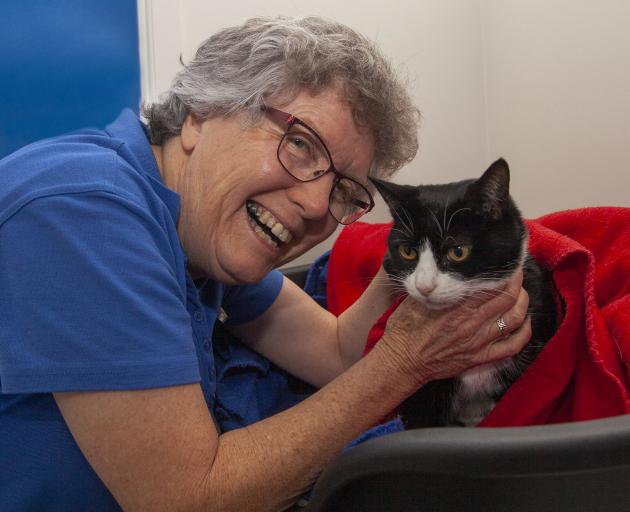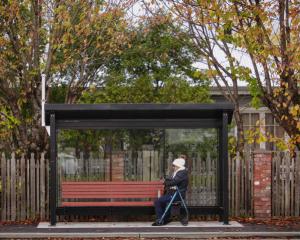
But when a furry feline invited itself into her family home one day her relationship with cats changed forever.
Now, the president of the Cats Protection League Canterbury is the proud owner of six cats, most of whom have special needs.
And for the past 13 years, she has been on a mission to save as many cats in the city as possible.
“My family didn’t have cats, but a cat walked in once and from there, I became very much a cat person,’’ said the Bryndwr resident.
It was not difficult to foster her own felines, she said, having plenty of experience running a cattery herself with usually 40 to 50 cats at a time.
The league rescue, rehabilitate and rehome stray and abandoned cats, and provide assistance to those who could not afford to desex their cats through its Feline Fix programme.

About 50 volunteers came in once a week to help out in the cattery, office and shop, as well as about four managers who worked there regularly.
They also often found new homes for cats that could no longer be looked after, such as an owner who was moving into a retirement home.
Last year, the league rehomed 535 cats and kittens.
But it did not stop there – the protection league provides emergency cat food assistance and for unexpected vet bills as well.
“Sometimes their own cats have had kittens and we do take them in when approached to help rehome them,” Latham said.
“There are enough cats in Christchurch and Canterbury to go well around all of the organisations, we’ve actually got a waiting list.”
Its second-hand shop in Linwood was also a vital part of the fundraising efforts, especially with no government funding.
All store proceeds went towards work to help the felines of Canterbury.
When she is not reading or gardening at home, Latham volunteers her time feeding the cats and acts as the matchmaker when facilitating the rehoming process.
After leaving a government office job, she decided to dedicate most of her energy to the league and has done so since 2007.
“I like to match appropriate cats to people with cats that suit them,” she said.
“Some of them are a little older or have special needs and need medication, but we just talk with people about what the cats are like; their personalities.”

But on the protection league’s website, there were endless pages of updates and photos from owners on how their little furry friend was getting along in their new forever home.
There was one case where a lost cat was brought into the cattery and eventually reunited with its owner after four years thanks to its microchip.
Said Latham: “It’s why all of us volunteer. When people give feedback and say how the cats have settled down, how much they love them, it’s a constant reward to know you’ve done a really good job of helping to match them up.
“It’s rewarding to know these cats have had a second chance in life and they’ve gone to really loving homes.”
But there was always a downside.
Even though the league was sheltered from tending to abused or injured animals due to the statutory role the SPCA played, it was impossible to save them all.
During the Covid-19 level 4 lockdown, things were made worse when they were unable to rehome any cats.
But rest assured, the cats that do need homes end up finding one, even if it takes a couple of years.
“Cats are being surrendered to us from homes, so we don’t see the neglect and abuse – that’s the SPCA’s role,” Latham said.
“The downside is knowing that you can’t save every single cat out there who don’t have homes and aren’t desexed, therefore are having kittens after kittens.
“But we save what we can and focus on the ones we do save, and that’s the main thing.”
Supervising the cattery did not come with many challenges most of the time, but if you had the passion, it was all one needed.
“If anyone came here not liking cats, you’d really have to question why they’re there.”













